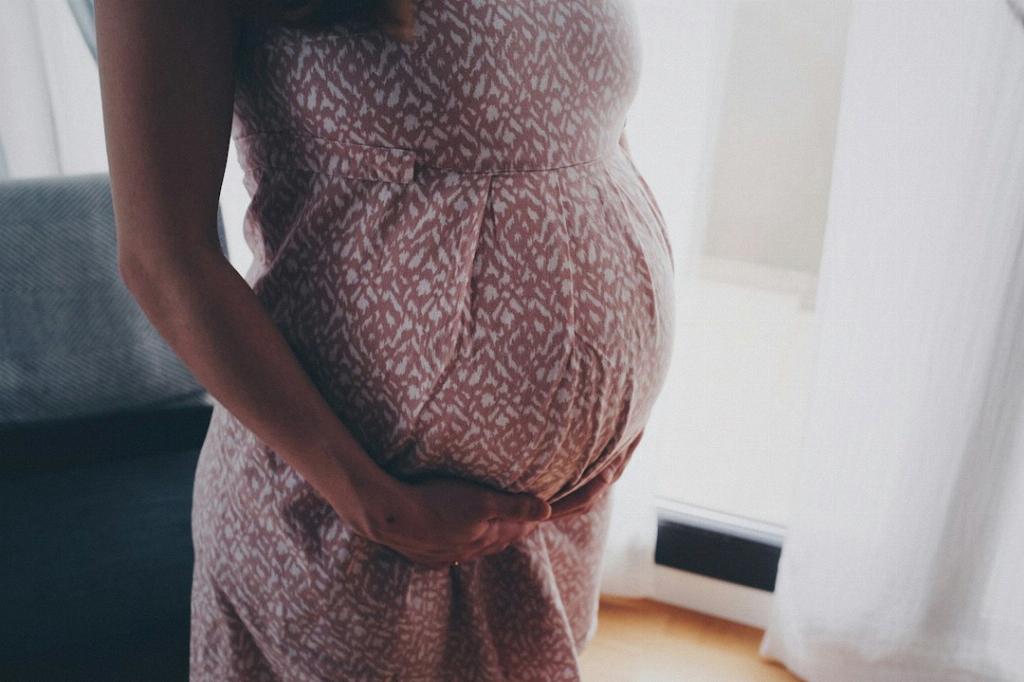It’s essential to acknowledge the potential concerns surrounding fainting during pregnancy. Pregnancy can bring about various changes in a woman’s body, including fluctuations in hormone levels and alterations in blood circulation. These changes can sometimes result in dizziness and, in severe cases, fainting episodes.
Seeking Medical Advice
When faced with the alarming situation of fainting while pregnant, it is imperative to seek immediate medical advice. Consulting your healthcare provider is crucial to ensure both your well-being and that of your unborn child. Fainting can be indicative of underlying health issues that need to be addressed promptly.
Err on the Side of Caution
Erring on the side of caution is advisable when it comes to the health of you and your baby. Even if the fainting episode seems minor or occurs infrequently, it’s still recommended to consult a healthcare professional. Identifying the root cause of fainting is paramount in ensuring optimal prenatal care.
Monitoring for Complications
Healthcare providers emphasize the importance of monitoring pregnant women who experience fainting episodes. These instances may warrant closer observation to detect any potential complications that could affect the pregnancy. Regular monitoring can aid in early intervention if necessary.
Healthcare Provider’s Guidance
Your healthcare provider plays a pivotal role in guiding you through any concerns related to fainting during pregnancy. The expertise and insight they provide can offer reassurance and help navigate the best course of action based on your individual circumstances.
Diagnostic Evaluation
Undergoing a diagnostic evaluation following a fainting episode is essential for identifying any underlying medical conditions that may have contributed to the incident. Diagnostic tests can provide valuable insights that inform subsequent treatment and care decisions.
Ensuring Maternal and Fetal Health
Ensuring the well-being of both the mother and the developing fetus is a top priority in pregnancy. Seeking medical attention after fainting can help safeguard the health of both individuals, enabling timely interventions if any issues arise.
Preventive Measures
Besides addressing fainting episodes post-occurrence, healthcare providers may recommend preventive measures to minimize the risk of future incidents. These measures could include lifestyle modifications, dietary changes, or specific precautions to mitigate the likelihood of fainting spells.
Emotional Support
The emotional toll of experiencing fainting episodes during pregnancy should not be underestimated. It’s essential for pregnant individuals to receive emotional support and reassurance during such challenging times. Open communication with healthcare providers and loved ones can alleviate anxiety and stress.
Individualized Care
Every pregnancy is unique, and individualized care tailored to your specific needs is crucial for a positive maternal and fetal outcome. By consulting your healthcare provider promptly after fainting episodes, you pave the way for personalized care that addresses your concerns comprehensively.
Timely Intervention
Timely intervention is key in managing any potential health issues related to fainting during pregnancy. Promptly consulting a healthcare professional can lead to early detection and appropriate management strategies, ensuring the best possible outcome for both you and your baby.
Conclusion
In conclusion, the decision to seek medical attention after fainting while pregnant is paramount for safeguarding maternal and fetal health. By prioritizing regular monitoring, seeking expert guidance, and taking proactive measures, pregnant individuals can navigate fainting episodes with the necessary support and care.

